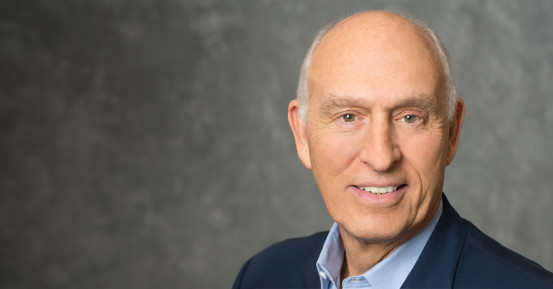UC San Diego Engineers and Physicists Key Players in Two New Energy Storage Hubs Funded by DOE
Story by:
Published Date
Article Content
Researchers at the Sustainable Power and Energy Center (SPEC) of the University of California San Diego are part of two cutting-edge Energy Innovation Hub teams that have collectively been awarded $125 million in funding over the next five years by the U.S. Department of Energy (DOE). The aim: to accelerate the development of the next generation of energy storage technologies, pushing beyond the limitations of today’s lithium-ion batteries. These next-generation batteries must be safer, more efficient, higher energy density, made from more inexpensive and abundant materials, and pose fewer environmental risks, particularly in terms of supply chain vulnerabilities.
The DOE-funded innovation hubs—Aqueous Battery Consortium and Energy Storage Research Alliance—are designed to tackle these challenges head-on. UC San Diego plays a critical role in each of these initiatives, partnering with top universities and national laboratories to advance battery research to meet the energy needs of the future—where more robust storage is required for grid stability and the electrification of transportation.
These multi-institutional teams will focus on the scientific groundwork necessary to drive breakthroughs in battery technologies that support the decarbonization of transportation and the integration of clean energy into the electricity grid. As the demand for scalable, safe and cost-effective energy storage systems grows, especially with the push for a low-carbon economy, these teams will explore innovative approaches to energy storage that surpass the capabilities of existing technologies.
Energy storage innovation at UC San Diego
“We are on the verge of a new era in energy storage,” said Ping Liu, professor in the Aiiso Yufeng Li Family Department of Chemical and Nano Engineering and Director of SPEC at the UC San Diego Jacobs School of Engineering. “Our mission is to innovate and develop the next generation of batteries that can handle society’s increasing demand for low- and zero-carbon energy. We’re not just looking to solve today’s challenges—we’re building the foundation for a future where energy storage is more efficient, sustainable and accessible.”
A critical part of that foundation involves training the next generation of battery researchers, noted Liu.
“At SPEC, we are building the future battery workforce. By providing opportunities to learn about cutting-edge energy science, as well as work on transformative solutions alongside top scientists, we are preparing our students to be leaders and innovators in the field of sustainable energy. Our commitment extends beyond the classroom and lab. UC San Diego’s Jacobs School of Engineering offers a variety of resources for aspiring entrepreneurs to help them launch startups and bring their innovations to market,” said Liu, who is the inaugural holder of the William Coles Endowed Chair in the Jacobs School of Engineering.
Developing aqueous batteries for grid storage
The Aqueous Battery Consortium, led by Yi Cui at Stanford University and backed by $62.5 million in DOE funding, will focus on establishing the scientific foundation for large-scale development and deployment of aqueous batteries designed for long-duration grid storage. These batteries—which use electrolytes made of water—have the potential to enable safe and environmentally sustainable energy storage, provide energy densities greater than lead-acid batteries, and cost just a fraction of today’s lithium-ion systems. Professors Ping Liu and Zheng Chen, both in the Aiiso Yufeng Li Family Department of Chemical and Nano Engineering, are leading efforts at UC San Diego within this consortium.
Compact, high-energy solutions for heavy-duty transportation
The other DOE-supported hub, the Energy Storage Research Alliance, is focused on developing batteries that can power heavy-duty vehicles and provide long-duration energy storage for the grid. Led by Shirley Meng at Argonne National Laboratory (who is an adjunct professor at UC San Diego) and also funded with $62.5 million, the hub will work on designing high energy density batteries that are safer, longer-lasting and made from materials that are inexpensive and abundant. Oleg Shpyrko, professor in the Department of Physics, is leading the team at UC San Diego, which involves Shyue Ping Ong and Tod Pascal, who are both professors in the Aiiso Yufeng Li Family Department of Chemical and Nano Engineering.
Researchers aim to enable transformative discoveries in materials chemistry and gain a fundamental understanding of electrochemical processes. Central to the effort at UC San Diego is the development of new computational methods to model chemical reactions in battery materials at the atomic level. This work will enable researchers to design next-generation energy storage solutions.
Both DOE-funded, multi-institutional research teams will prioritize the use of Earth-abundant materials in their battery designs, further addressing the growing concerns around the global supply chain for lithium and other critical elements. By focusing on Earth-abundant materials, these teams are working to future-proof energy storage technologies against resource shortages and geopolitical risks.
You May Also Like
Stay in the Know
Keep up with all the latest from UC San Diego. Subscribe to the newsletter today.




